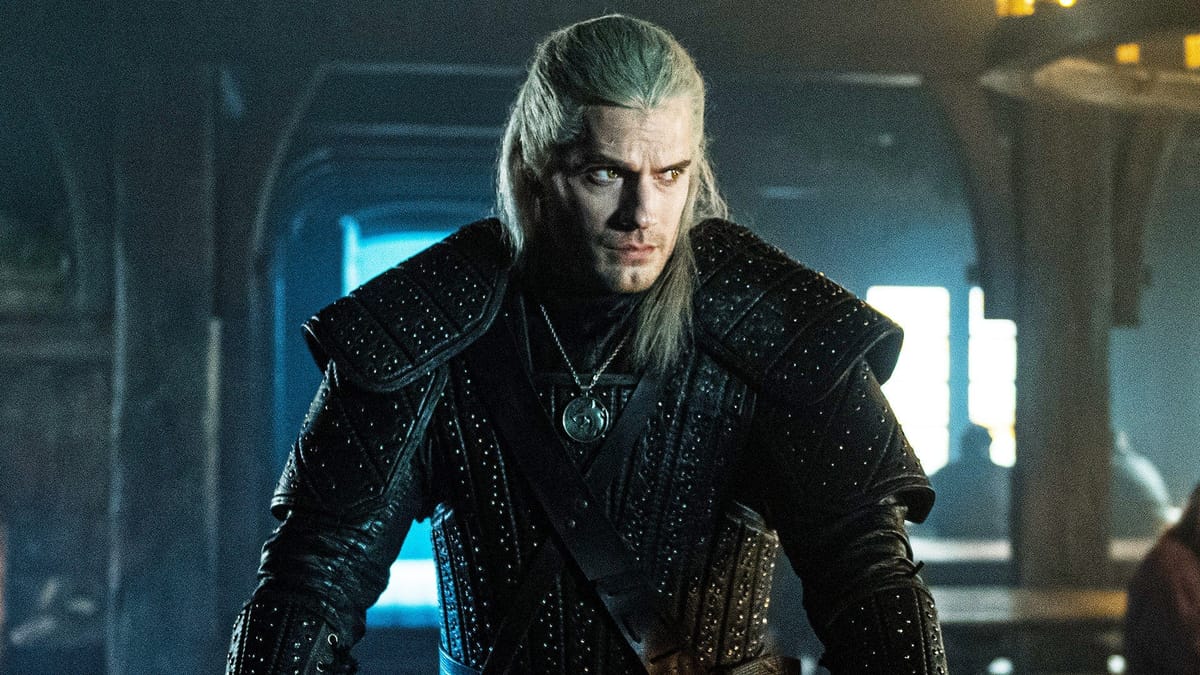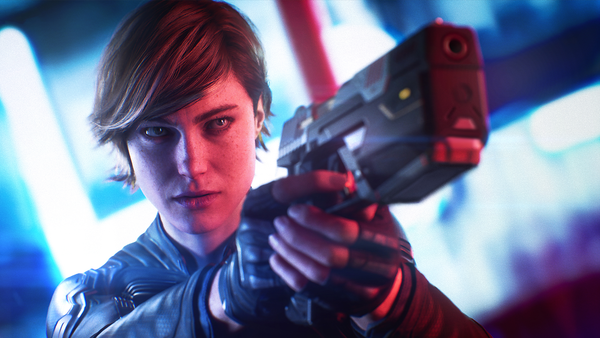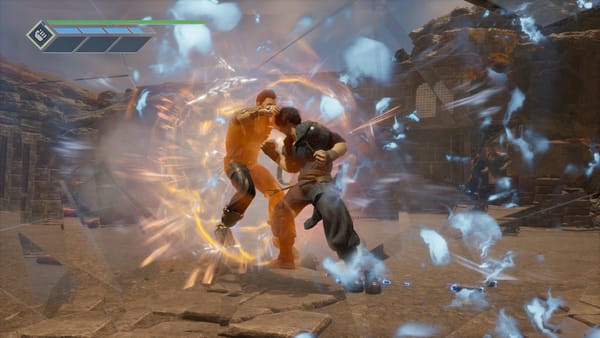#4: You're joking. Not another one?
Honestly.

At a conference years ago, I heard a line that has stuck with me ever since. Ironic, really, given that it was about our memories. While the human brain can hold millions of gigabytes of data, our short-term memories aren’t great: we can only retain between five and nine pieces of information at once. As the conference speaker pointed out, this is a key part of the appeal of subscriptions. The more of them we have, the more of them we forget. As he put it: “You sign up for World Of Warcraft, you forget about your gym membership.”
I was reminded of this again over the weekend, when reports emerged of Netflix’s plan to move into videogames. It’s dipped a toe or two into gaming waters in recent years — through interactive programming in Charlie Brooker’s Bandersnatch, and a mostly terrible slate of licensed games based on successful Netflix Originals including Stranger Things and Cobra Kai. It has also made a number of shows based on gaming IP, such as Castlevania and The Witcher. But now it plans to go much further. The Information reckons the company has approached a number of “veteran game industry executives” — oh no — with a view to launching a dedicated subscription service, giving access to a “bundle” of games.
This looks, on first glance, like a logical next step for Netflix. With the video-streaming market sewn up, but competitors like Disney+ slowing growth, Netflix needs a new revenue stream to keep the graphs moving in the right direction. And it seems pretty well set up to make it happen, with best-in-class streaming technology, a huge installed base to promote it to, and several important pre-existing partnerships with game companies whose IP it has licensed.
Yet just because something appears to make sense does not mean it will work. The collapse of Google’s Stadia, and Amazon’s ongoing struggle to get a game (any game!) out the door, remind us that success in games is about more than just a lofty goal and an unlimited budget. Netflix, like Google and Amazon before it, may just be too big for this already: it risks trying to do too much at once, and never really getting anywhere.
A well-timed weekend Twitter thread from Annanth Aravinthan, a former Uber exec, makes some salient points about the perils of a big company trying to do too much at once. Startups focus on something small, then scale up; companies with too much money, though, try to be all things to all people. “The result is a ‘peanut buttering’ of strategy and execution,” he writes, “and there’s the risk you lose to a more focused set of competitors who better serve their segments.” You can see here why Amazon has struggled to stand up a triple-A game-development division, and why Google promised us the world then shipped us a beta. There are plenty of these cautionary tales in the videogame business, and Netflix must study the failures closely before it takes its own shot at success.
Fascinating as the biz side is, the consumer in me has one vitally important question: why do I need this? What can Netflix realistically offer me that I don’t already have from the subscriptions I’m already signed up to? Firstparty content development seems unlikely given it has promised not to add to its $15bn of debt. Platform exclusives are an expensive business, and no guarantor of goodwill or success. A bundle of thirdparty games will be a hard sell to an audience that is already paying for several of them, and will likely go all Brenda From Bristol at the prospect of another.
Still, no doubt investors will be happy at the thought of another revenue stream. Developers and publishers will hardly complain at another source of potential funding. And hey, surely one of these big-tech arrivistes has to hit the jackpot sooner or later. For now, only one thing is certain: a delighted Phil Harrison is, at this very moment, polishing up his CV, the next stop on his incredible journey in his sights.
- The Epic vs Apple trial reached its apex/nadir on Friday when Apple CEO Tim Cook took the stand and gave the impression of a man who has no idea about anything his business does. Brendan Sinclair rounds it all up at GI.biz — my particular favourite is the claim, made several times during the case, that Apple doesn’t know if the App Store is profitable. It probably is, I think?
- It appears there’s a new Tony Hawk’s Pro Skater in development. I would be excited about this, but I still bear the scars from the dismal THPS5.
- Somewhere, a publisher PR team is absolutely shitting it.
- Please read this delectable oral history of the Neo Geo, by Eurogamer’s delectable Martin Robinson, immediately.





